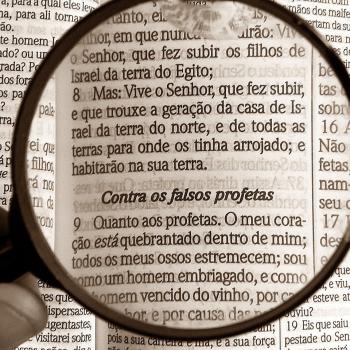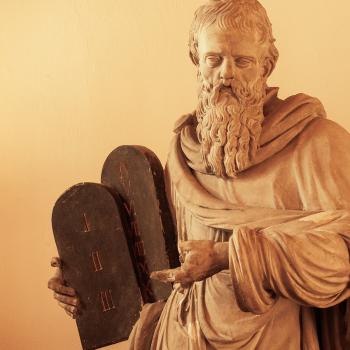Do we consider the other side of the story? Sometimes, we feel pretty strongly about our political and religious beliefs if we do not consider the legitimacy of other beliefs. When we explore them, we realize that reasonable people can disagree, that there are (at least) two sides to every story, and that the truth can be more nuanced or situational than we realize. Consider the passionate feelings around controversial issues like abortion and guns. There are legitimate... Read more

















